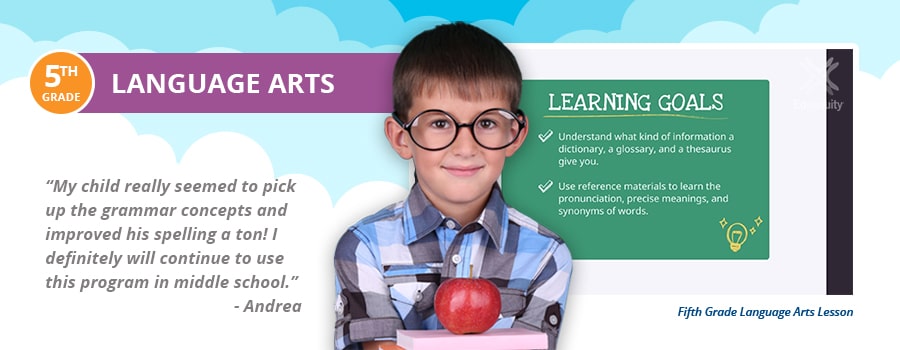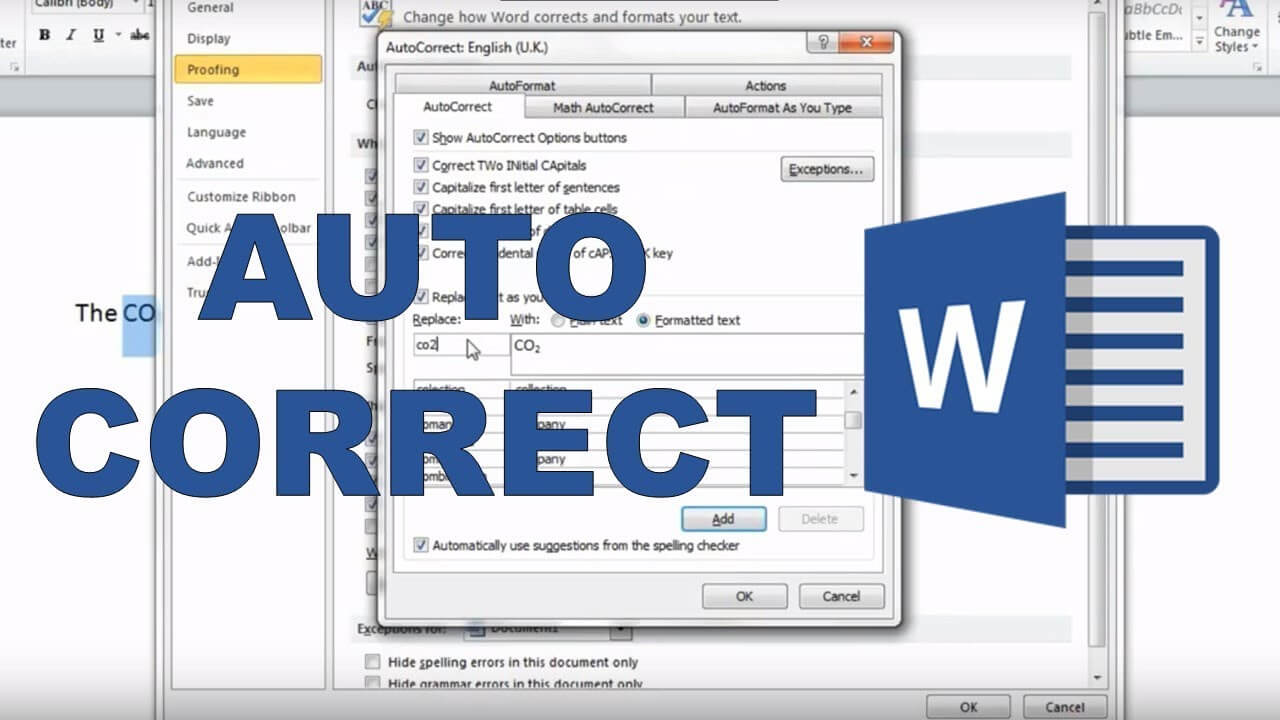To become a better speller, practice regularly and utilize resources such as spelling apps or online spelling tutorials. With consistent practice and the help of modern technology, you can improve your spelling skills significantly.

Credit: www.eslbuzz.com
Understanding the Importance of Spelling
Understanding the importance of spelling is crucial if you want to become a better speller. Spelling matters in communication, as it can significantly affect how our messages are received and understood. Our ability to spell correctly reflects our attention to detail, which is an essential aspect of effective communication. In this article, we will explore these two aspects in more detail and provide you with some practical tips on how to improve your spelling skills. Let’s dive in!
Spelling Matters in Communication
Spelling plays a vital role in effective communication, whether it’s through written or verbal means. When we communicate, our goal is to convey our thoughts and ideas accurately. By spelling words correctly, we ensure that our messages are clear and easily understood by others.
Poor spelling can lead to confusion and misunderstandings. Imagine sending a professional email or writing a formal document with multiple spelling errors. It can make you appear careless or unprofessional to the reader. On the other hand, when we spell words correctly, it demonstrates our competence and attention to detail, enhancing our credibility.
Spelling Reflects Attention to Detail
The ability to spell accurately reflects our attention to detail. Paying attention to the individual letters and sounds in a word and correctly organizing them demonstrates our focus and commitment to producing high-quality work.
Spelling errors can give the impression that we are rushing or not taking the time to ensure our work is error-free. This can be particularly detrimental in academic or professional settings where precision and accuracy are highly valued.
Furthermore, attention to detail extends beyond spelling. When we improve our spelling skills, we also enhance our overall writing and communication abilities. This includes grammar, punctuation, and sentence structure. By focusing on developing our spelling skills, we are also enhancing our language proficiency as a whole.
Improving our spelling not only helps to avoid misunderstandings and errors but also boosts our confidence in expressing ourselves. When we can communicate effectively, it opens up opportunities for success in various aspects of life, whether in academics, career, or personal interactions.
In the next section, we will share some practical tips on how to become a better speller. By implementing these strategies and practicing regularly, you can sharpen your spelling skills and become a more effective communicator. So, let’s get started!

Credit: www.time4learning.com
Developing Strong Spelling Skills
Spelling is a fundamental skill that contributes to effective communication. Whether you’re writing an email, crafting a social media post, or preparing a formal document, having strong spelling skills can make a significant difference in how your message is received. Fortunately, becoming a better speller is a skill that can be developed and improved over time.
Expand Your Vocabulary
Expanding your vocabulary is an essential step towards improving your spelling skills. The more words you know and understand, the easier it will be for you to recognize and spell them correctly. One way to expand your vocabulary is by reading regularly. Reading exposes you to a variety of words and their contextual usage, helping you internalize their spelling patterns.
Additionally, an effective way to enhance your vocabulary is by learning new words every day. You can achieve this by subscribing to a “word of the day” service or by using vocabulary-building smartphone apps. By actively and regularly engaging with new words, you’ll not only broaden your linguistic repertoire but also improve your ability to spell them correctly.
Learn Spelling Rules
Learning and understanding spelling rules is another crucial step towards becoming a better speller. English, like any other language, has a set of spelling rules that can guide you in spelling words accurately. By familiarizing yourself with these rules, you’ll be equipped with the knowledge to spell words correctly even if you encounter them for the first time.
Some common spelling rules include the “i before e except after c” rule, the “silent e” rule, and the rules for pluralizing nouns and adding suffixes. By studying and practicing these rules, you’ll gain a deeper understanding of how words are structured and spelled in English, enabling you to avoid common spelling mistakes.
Practice Regularly
Consistent practice is the key to improving any skill, and spelling is no exception. Set aside dedicated time each day to practice your spelling abilities. You can do this by creating flashcards, participating in spelling bees, using online spelling resources, or simply writing out words multiple times until they become ingrained in your memory.
Additionally, incorporating spelling exercises into your daily routine can be highly beneficial. For instance, you can challenge yourself to spell the words you encounter during your regular activities, such as when reading signage or browsing the internet. By actively engaging with words in your environment, you’ll reinforce your spelling skills and make significant progress over time.
Utilizing Tools and Techniques
Becoming a better speller doesn’t have to be an uphill battle. With the right tools and techniques at your disposal, you can enhance your spelling skills and gain confidence in your writing. Whether you’re a student, a professional, or simply someone who wants to communicate more effectively, these strategies can help you on your journey to spelling success. Here are three valuable resources:
Use Spelling Apps and Software
In this digital age, there’s an app for just about everything, including spelling improvement. Spelling apps and software provide a convenient, interactive way to practice your spelling skills. With features such as word games, spelling quizzes, and personalized learning plans, these tools can make spelling practice enjoyable and engaging. Some popular spelling apps and software include:
| App/Software | Features |
|---|---|
| Duolingo | – Gamified language learning – Spelling exercises and challenges |
| Spellzone | – Adaptive and personalized spelling courses – Interactive activities and tests |
| SpellingCity | – Vocabulary and spelling games – Practice with real sentences and context |
These spelling apps and software can be easily accessed on your smartphone, tablet, or computer, allowing you to practice anytime and anywhere. Remember to commit regular time to using these apps to reap the maximum benefits.
Refer to Online Resources
The internet is a treasure trove of helpful resources for improving spelling. From online dictionaries and thesauruses to spelling tutorials and exercises, the web offers a wealth of information at your fingertips. Here are some reliable online resources you can explore:
- Merriam-Webster: An authoritative online dictionary with a dedicated section on spelling.
- Dictionary.com: A comprehensive online resource for definitions, spellings, and word origins.
- The Spelling Society: An organization advocating spelling reform, offering resources and discussions on spelling-related topics.
These online resources can help you understand spelling rules, discover commonly misspelled words, and find quick answers to your spelling questions. Remember to bookmark these sites for easy access whenever you need them.
Create Mnemonics and Memory Aids
Mnemonics and memory aids are powerful tools in improving both short-term and long-term memory of spellings. By associating words with vivid images, catchy phrases, or memorable patterns, you can enhance your ability to recall and spell words accurately. Here are some techniques you can try:
- Acronym: Create a memorable word or phrase using the first letter of each word you want to remember. For example, to remember the spelling of “necessary,” you could use the acronym “Never Eat Crispy Cauliflower, And Remain Young.”
- Visualization: Visualize a vivid mental image that represents the word you want to spell. For instance, imagine a colorful rainbow whenever you think of the word “beautiful.”
- Rhymes and Songs: Develop rhymes or catchy tunes that incorporate the spelling of challenging words. Sing it to yourself or create a jingle that sticks in your mind.
By employing mnemonics and memory aids, you can transform spelling practice into a fun and creative endeavor. Use these techniques consistently, and watch your spelling skills blossom.

Credit: www.wps.com
Avoiding Common Spelling Mistakes
Learn how to improve your spelling skills by avoiding common mistakes. Follow these 6 guidelines for better spelling: avoid overused words, keep sentences brief, use unique and plagiarism-free content, vary the phrases at the beginning of paragraphs, omit a conclusion paragraph, and write in a way that passes AI writing detection.
Homophones and Sound-alike Words
Homophones and sound-alike words are some of the most common culprits when it comes to spelling mistakes. These are words that sound alike but have different meanings and spellings. It’s important to identify and understand these words to avoid confusion and ensure your writing is accurate. Here are some commonly confused homophones and sound-alike words to watch out for: – They’re, their, and there: They’re is a contraction of “they are,” while their indicates possession, and there refers to a place or point. Mixing these up can make your writing less clear. – Your and you’re: Your shows possession, while you’re is a contraction of “you are.” Using the wrong one can change the meaning of your sentence. – To, too, and two: To is used in expressions of motion or direction, too means also or excessively, and two is the number. Confusing them can lead to misunderstandings.Silent Letters
Silent letters can be a tricky aspect of spelling. These are letters that are not pronounced in a word but still affect its spelling. Here are some examples of words with silent letters: – Knee: The ‘k’ is silent in this word. – Comb: The ‘b’ is silent in this word. – Wrist: The ‘w’ is silent in this word. Remember to pay attention to silent letters, as omitting them can change the pronunciation and meaning of a word.Commonly Confused Words
Certain words look and sound similar but have different meanings. Using the wrong word can lead to confusion or misinterpretation. Here are some commonly confused words to be aware of: – Accept and except: Accept means to receive or agree to something, while except means to exclude or leave out. – Affect and effect: Affect is a verb that means to influence or produce a change, while effect is a noun that refers to a result or consequence. Taking a moment to double-check your word choice can help you avoid these common mistakes.Double Letters and Contractions
Double letters and contractions can trip up even the most seasoned writers. Pay close attention to these aspects of spelling to maintain accuracy. Here are some points to consider: – Double letters: Words like committee, accommodate, and necessary have double letters that must be included for correct spelling. – Contractions: Contractions like it’s (it is) and don’t (do not) require an apostrophe to indicate missing letters. Missing the apostrophe can result in spelling errors or confusion. By keeping these guidelines in mind, you can improve your spelling and avoid common mistakes. Remember to proofread your work carefully and consult dictionaries or style guides when in doubt. With practice, you’ll become a more confident and accurate speller, enhancing the overall quality of your writing.Conclusion
Improving spelling skills is essential for effective communication and conveying credibility. By incorporating strategies such as regular practice, utilizing mnemonic devices, and seeking feedback, anyone can become a better speller. Remembering common spelling rules and being mindful of tricky words can also contribute to spelling accuracy.
Embrace the process of learning and employ these techniques to enhance your spelling abilities.
